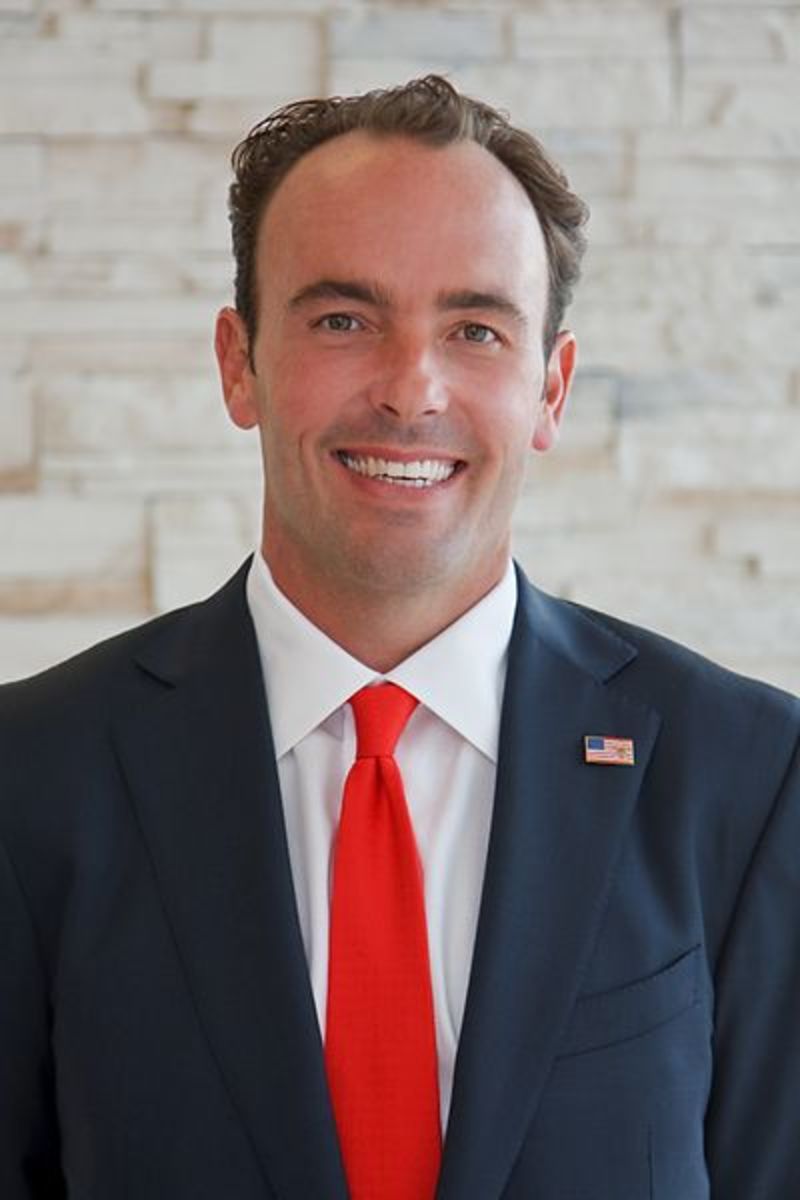
The foibles of Texas real-estate investment trusts no longer concern Kyle Bass. His mind is entirely focused on weightier matters, of state, and no longer has any time for the petty concerns that previously occupied his hours and portfolios.
The SEC? These days, it seems, it has nothing but time. And it’s decided to check in on a little matter it seemed to have dealt with definitely back in 2018. You see, after the loud and voluminous fulminations of a short-seller against United Development Funding, the SEC had a little look around. And then the FBI had a look around—unannounced and in person. And what the SEC found is that UDF had inflated the value of two funds, and also used money from one of the funds to pay out to investors of the other. The short-seller thought that sounded an awful lot like a Ponzi scheme, and so he called it one. Unfortunately for that short-seller, who as you have probably guessed by now is none other than Kyle Bass, the plain-language meaning of things have no place in regulatory settlements, and so the SEC was not so base as to use the term “Ponzi scheme” in its deal with UDF. And that, in the ever-amusing world of securities regulation, could make Kyle Bass a market manipulator.

